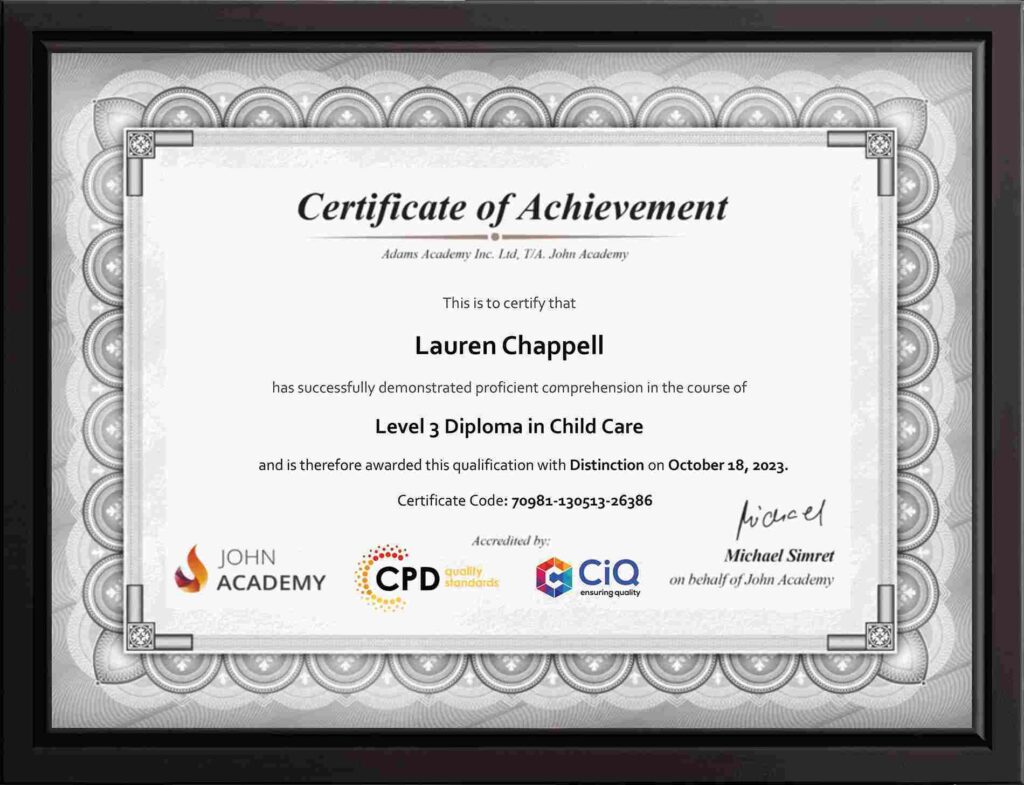
The career landscape evolves extremely quickly today as technology advances and industry trends shift. With artificial intelligence and automation making traditional jobs obsolete and creating new ones, you need to be proactive and adaptable if you want a successful career. In this article, we will explore how you can empower yourself with a commitment to upskilling and continuous learning. This will help you to position yourself as a valuable asset in the job market.
What is upskilling?
Upskilling is the process of acquiring new skills to enhance your existing skill set or learning new skills. You need more than just general skills today to stand out from the competition. Employers are looking for individuals with special skills that align with the needs of their organizations. Time management is often a concern when trying to balance work and learning commitments.
It makes sense to use productivity and time management apps. The best calendar apps allow you to schedule your projects and manage your deadlines. There’s no shortage of calendar apps for Mac, including Apple Calendar, free versions, and full-featured third-party apps. When choosing a calendar app, you will need to consider various factors. Calendar software should have an easy-to-use interface and basic features like scheduling and reminders. It helps if they have task coordination and collaborative features. You should be able to customize your calendar, and it should integrate with the other apps you use.
Why should you upskill?
Here are some of the key benefits of continuous learning and upskilling.
Adapt to technological changes. Many jobs today require you to be digitally literate and know how to use new tools and software.
Increase your employability. Employers want candidates with up-to-date skills. Having these skills makes you more attractive to them. You will land a job more easily and stay more employable throughout your career.
Enhance your productivity by learning new skills such as how to manage or project or how to learn new software.
More job security comes from having in-demand skills that make you a valuable asset an employer doesn’t want to lose.
Accelerate your personal growth with continuous education. You will develop more self-confidence as you continue to learn and realize you have the ability to adapt and respond to change. When you expand your horizons and explore new areas of interest, it will also increase your sense of satisfaction.
Boost your career by learning new skills that enable you to earn more and become more eligible for promotions. You may be able to grow into a new and better-paid position in your organization.
How to upskill in your industry
There are many different ways to acquire new skills, such as formal education, online courses, workshops, seminars, etc.
Identify relevant skills
You need to identify what skills are in demand in your industry and invest in upskilling in these areas. There are various ways to identify relevant skills and trends in your industry. This means you can focus your efforts on learning skills that will have the most impact on your career.
- Research industry reports and publications that analyze relevant data.
- Check out employment and career websites and monitor job boards.
- Read industry-specific blog posts and books, and listen to podcasts.
- Take note of frequently mentioned skills in job descriptions.
- Get insights from employers and hiring managers about skills in high demand.
Plan and set your goals
Document the skills you want to acquire and decide on clear and measurable goals. Prioritize your goals based on their relevance and set a deadline for attaining them. Creating a schedule or learning planning and breaking down tasks makes them more manageable. Explore free or affordable online courses, employer-sponsored programs, and scholarship opportunities if you are short of finances to pay for upskilling.
Decide on a specific degree, certificate, or online learning course
In this digital era, you can access a wide range of online learning resources. You can do online degrees and access online learning platforms such as Coursera and Udemy. They offer a wide array of courses across numerous industries. You have the convenience of learning from wherever you are and at your own pace. Many of them are interactive in nature and use videos, quizzes, surveys, and discussion forums to enhance your engagement.
Formal learning is gaining new knowledge or skills via organized, predetermined learning initiatives for a specific purpose. This can be in the form of a university degree or an online certificate course.
Find a mentor
Your organization may have a formal mentoring program. A mentor can give you excellent advice based on experience. You can learn how to apply your new skills in the real world and ask for feedback on your performance. You may receive suggestions for areas where you can improve. You can also receive insights into best practices. Mentorship can also be informal and unstructured. In this case, you and your mentor will set your own expectations for the learning process.
Attend workshops and conferences
Workshops provide another way to gain more practical, hands-on experience. You may be able to listen to an expert speaker and network with other attendees. At conferences, you will also benefit from the insights of professionals in your industry. You will mingle with industry leaders and potential collaborators. Many workshops and conferences are held online today, which makes them more convenient to attend.
Collaborate on projects
Collaborating on projects may be possible when you network with experienced professionals. Applying your skills in this way consolidates the theory you have learned. You can also start building a portfolio to showcase your abilities. You gain confidence when you work on real projects, and this also enhances your future project-handling capabilities.
Obtain certifications
Industry leaders often offer specialized courses and industry-specific certifications to help you attain relevant skills. They often work with established certification organizations to offer well-recognized certifications in your industry. They serve as tangible evidence of your newly acquired skills. It’s said that learning never stops. In professional lives, it’s true, and this is why your focus should be on gaining new skills to meet the industry demands and be more relevant in your role.
Self-directed learning
You don’t have to restrict your learning to formal programs or working with others. You can do your own research and reading to understand more about a topic. There are many instructional videos you can watch to build up your skills. For self-directed learning, you need to have plenty of motivation, as there is no one to check on your progress.
Upskilling is an ongoing process
Upskilling is far from a once-off process. You need to recognize that it’s a lifelong journey. Sustaining your motivation can be difficult, especially when you face setbacks. Continuous study requires you to be patient and to learn from your mistakes.
The shifts in industry and advances in technology mean you will get left behind if you don’t keep learning. What can help you to stay motivated is to:
- Regularly review and update your goals.
- Set short-term milestones.
- Celebrate your achievements.
- Engage in peer-to-peer learning so you have some support and encouragement.
- Join online communities where you can share your progress and receive help with problems you encounter.
Your resume must fully showcase all the skills you have to offer. If you have a strong professional network, it is easier for you to convey your updated or new skills. Attending industry events and joining online communities can help you to find potential job leads.
The role of organizations
Organizations need to encourage a culture of continuous learning. They must support knowledge-sharing, mentorships, and even tuition and course costs. This will help to cultivate employees who think strategically and adapt to ongoing changes.
They need to identify opportunities for growth in employees and provide them with learning resources to help them do their jobs more efficiently. Upskilling current employees will cost them less than having to find new employees.
- Refresher courses and one-on-one training can help current employees feel more confident and up-to-date in their roles.
- Organizational e-learning platforms can offer employees easy access to instructional videos. They track course completion, which alerts organizations as to who is making progress and has a continuous learning mindset.
- Support from the executive team and the CEO helps to reinforce the importance of continuous learning.
- Sharing the success stories of employees who engage in continuous learning can give other employees the motivation to follow suit.
Future learning
As technology advances, it will play an even more significant role in creating personalized learning experiences. Individuals will be able to pursue their individual learning goals and proceed at a pace with which they are comfortable.
Virtual reality is revolutionizing how individuals learn. Simulating real-world scenarios makes learning more immersive. If you have to learn practical skills in fields such as engineering or healthcare, you can get real-life experience in a simulated environment.
Artificial intelligence is increasingly being incorporated into educational platforms and helps to tailor learning to individual needs. AI algorithms can identify your weaknesses and strengths to adapt the content you need to learn specifically for you.
It’s not sufficient anymore to think that you can educate yourself at the start of your career and leave it at that. Continuous learning is essential. Otherwise, you have no way of keeping pace with the rapid development of technology. This will limit your job opportunities and stunt your future career development.
Conclusion
The ability to adapt and quickly acquire new knowledge and skills will be sought after in the future workforce. By embracing a growth mindset and making a commitment to upskilling and continuous learning, you can empower yourself, improve your employability, and grow professionally. This will be the driving force that enables you to thrive in a rapidly changing work environment.

